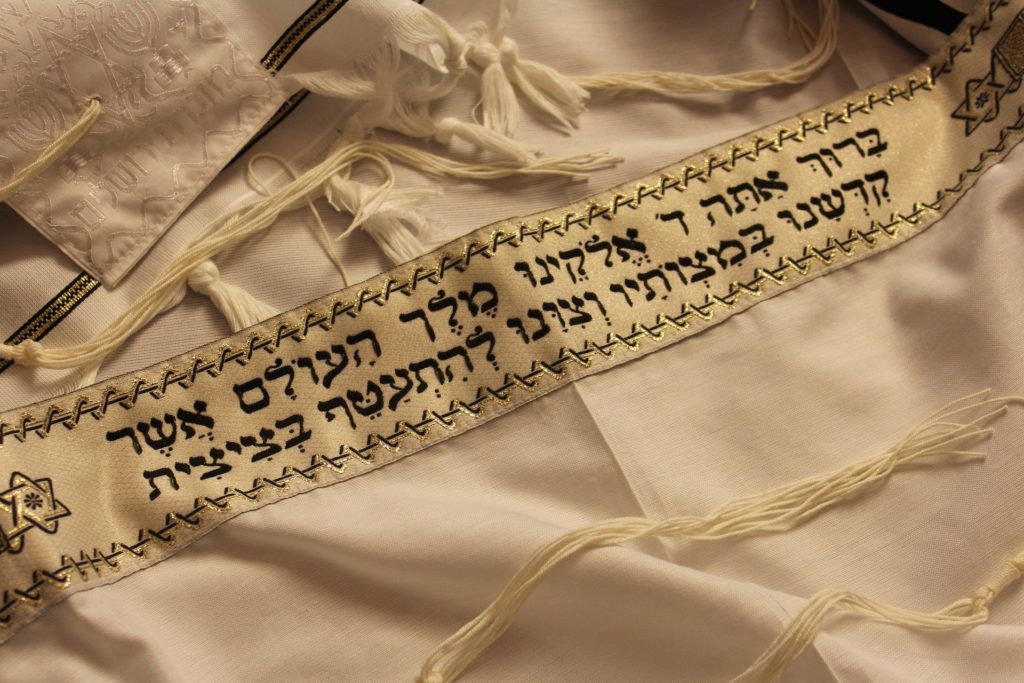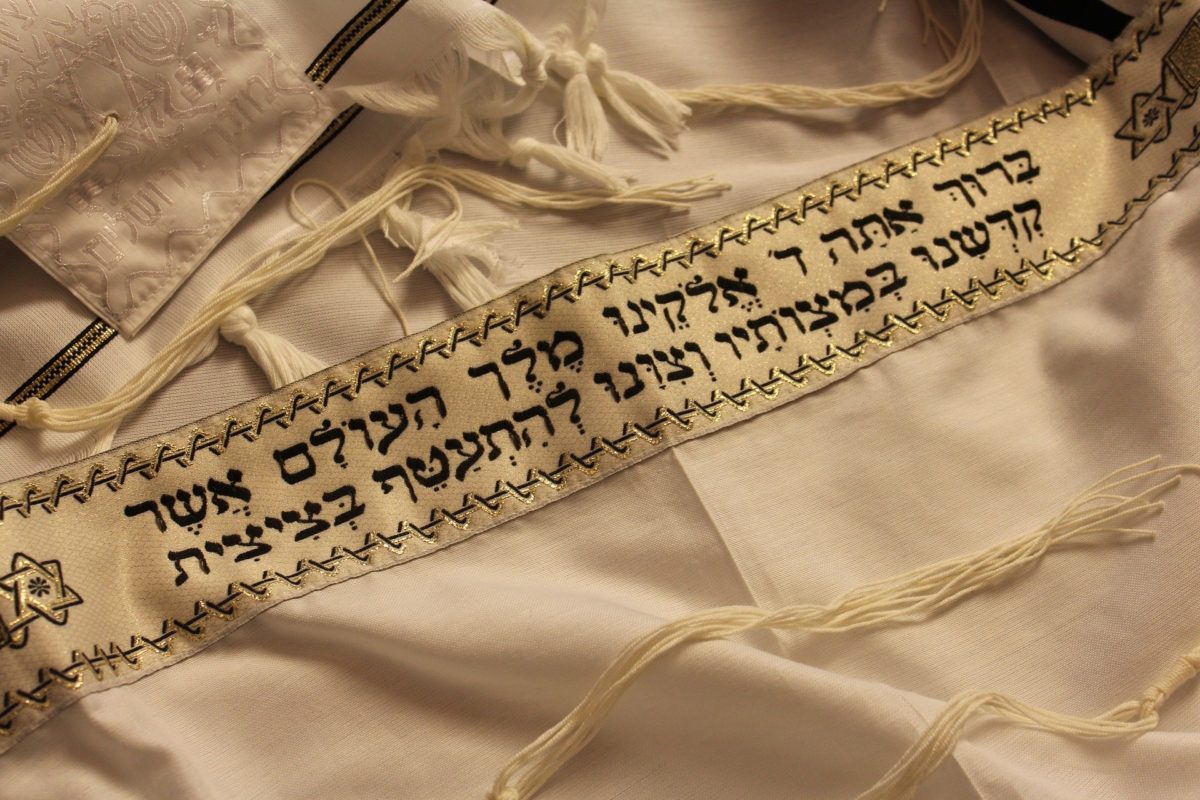
After concluding our discussion about the importance of praying for someone who is not well (or really to pray for anyone in need of anything), the Gemara turns to a discussion of how King Saul brought up the soul of Samuel the Prophet in order to find out what would happen to him the next day when he would engage in war with the Philistines.
From the discussion that takes place, we learn that one of the ways that a person can repent is by simply having a feeling of shame about his past misdeeds. Let us be clear, we are not supposed to walk around in a state of depression because of what we may have done wrong. However, the feeling of shame assists us to acknowledge that the previous path was not a good path to be on. That powerful feeling can distance one from negative things in the future. This is indeed a healthy path to do Teshuvah – to repent from one’s past misdeeds.
Nevertheless, the bottom line is that the shame felt does bring with it the forgiveness from God.
The Gemara goes onward discussing a new topic under our original heading. Reciting Shema and what we should include in it: Our Rabbis had wanted to include the section dealing with the story about Balak because within it is a verse that relates to God taking us out of Egypt. But the Rabbis reject this, because there are many other such examples that relate to the Exodus from Egypt – and we don’t say them, not all of them, and not any of them.
The Gemara then gives a different reasoning. We should say it because it has a verse related to a lion crouching down and getting up – much like our example of going to sleep and lying down and then getting up. But the Gemara ultimately rejects this also because all the different additions simply make for too much of a burden on the community.
We start the final Mishnah of Chapter 1 of Tractate Berachot (Masechet Berachot). It is a famous Mishnah because we recite it somewhere else too – at least once a year! It relates to a story about Rabbi Elazar ben Azariah who tried hard to institute the recital of the third paragraph of the Shema in the evening but was not successful. Until Ben Zoma came along, found a verse to support reciting the third paragraph in the evening and so we recite it until this day.


